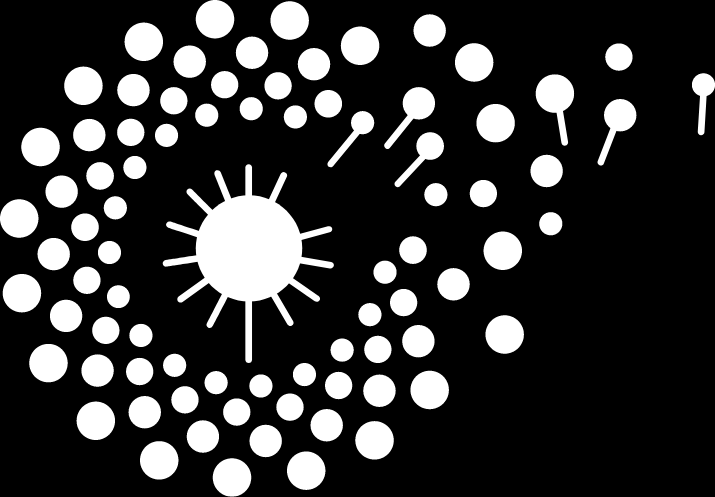Hospicing Modernity by Vanessa Machado De Oliveira
Chapter 2.4: Faster than Thought
Introduction: Hospicing Modernity
Modernity shapes our thoughts and desires, placing limits on our imagination and making change a product of preconceived plans and actions. Vanessa Machado De Oliveira suggests that genuine change requires becoming skeptical of our modern-conditioned desires. To hospice modernity, we must focus on its demise rather than striving to repair or escape it. This process is difficult due to modernity's pervasive influence on our thoughts and desires, which operate faster than we can consciously challenge them. Even our aspirations for change are thus shaped by modernity and lead to circular patterns of harm.
The Limits of Modern Imagination
Modernity's hold on our imagination is stronger than many of us acknowledge. To imagine a world beyond modernity, one must first recognize and become dissatisfied with the harm caused by their desires. This requires a long and challenging process of detachment from the comforts and securities of modern life. Working within the GTDF collective, De Oliveira emphasizes that changing harmful desires is a marathon, not a sprint, and often involves setbacks and relapses. The path to imagining a genuine alternative is obstructed by modernity's allure and the intellectual traps it sets.
Socialization in Modernity
Our understanding of modernity's influence begins with personal experiences. De Oliveira recounts when her daughter's ability to speak English was questioned because of her Brazilian passport, demonstrating modernity's routine judgments and policies that enforce conformity. This anecdote leads into a discussion on how children's interpretations of stories differ based on their levels of formal education. Younger children exhibit a richer, more divergent way of thinking, while older children, shaped by modern education, display more predictable, conformist thinking that fits into modernity's framework.
Facing Humanity and Its Flaws
Modernity instills a problematic distinction between the "human" and the "inhuman," associating humanity with positive virtues while deeming other traits as less human or inhuman. This dichotomy allows us to ignore our complicity in systemic harm by distancing ourselves from those we consider "inhuman." De Oliveira argues that education should challenge this idealized version of humanity, encouraging us to face the full complexity of human nature. This would involve acknowledging our darker traits and our role in perpetuating systemic violence and exploitation.
Education and Sensory Atrophy
Reflecting on an encounter with a hummingbird, De Oliveira likens torpor in animals to a similar state in humans, induced by modern education. This form of torpor represents a disconnect with the physical and sensory world, leading to an overemphasis on intellectual achievement and a neglect of other forms of knowledge and ways of being. It fosters existential poverty and material poverty by scaling down compassion, generosity, and visceral connections in favor of acquiring symbolic and material "stuff," which ironically does not satisfy our deeper needs.
Boxhead: The Embodiment of Modernity
The character "Boxhead" personifies modernity's influence on thought and perception. Boxheads are fixated on logic, form, and control, ignoring nuances that fall outside their preconceived frameworks. These metaphorical boxheads encompass various modes of modern thinking, from universalism and anthropocentrism to utility-maximization. They are useful for certain tasks but fall short in more complex relational contexts. De Oliveira questions how much space Boxheads occupy in our lives and how to balance their presence without suppressing their existence. To achieve genuine engagement with the world, we must scale up what modernity has downscaled, fostering relational connections and accountability.

